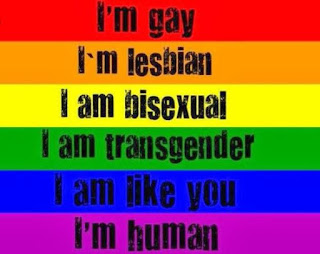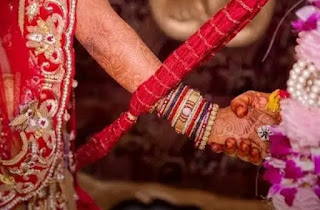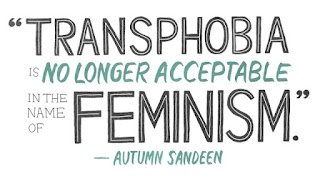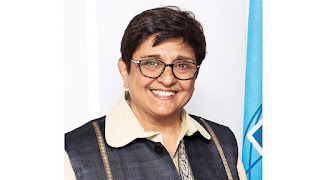Shocking Judgements of the Supreme Court of India
 |
| (Photo: Google pics) |
Supreme Court is the apex court of India. The present Chief Justice of India is Ranjan Gogoi, who took the charge on October 3, 2018. He preceded Dipak Misra, who along with the constitution bench gave various shocking verdicts. Although some of them are accosted as one, others are both criticized and accepted by the people at the same time.
Below are some of those judgements:-
- Sabarimala Temple
Its full name is Sabarimala Shree Dharmasastha Temple. It is also known as Ayyappa Temple. It is located at Sabarimala inside Periyar Tiger Reserve in Panthanamtitha District, Kerala, India.
This temple does not allow any women to enter into it since the judgement of the high court of Kerala, in 1991.
 |
| (Photo: Google pics) |
The then Chief Justice of Supreme Court, Dipak Misra, ruled in September 2018, with the constitution bench, that all the devotees or wayfarers regardless of gender, including women in the menstruating age groups, should be allowed to enter into the temple.
The Constitution bench of SC also ruled that any exception placed on women because of any biological differences violates 2 articles of the Constitution. They are article 14, which states the right to equality and article 25, which states the freedom of religion.
Even then women were not allowed and if they tried were assaulted badly and the temple was closed until it was purified.
But now it is changing as till date 51 women had the chance to enter into the temple.
- Triple Talaq
Triple Talaq, also known as Talaq-e-biddat is a form of Islamic Divorce used by Muslim men. But there were rules of using this triple talaq. Many Muslim men violated the rules without any reason. It allowed them to legally divorce their wife by saying the word ‘talaq' 3 times in oral form or written form and most recently using the electronic form.
 |
(Photo: Google pics)
|
It has been a controversial issue. Those who were having problems regarding the practice questioned on equality, human rights, secularism and justice.
On August 22, 2017, Supreme Court gave its adjudication by excluding the moot or arguably practice of triple talaq as arbitrary and also unconstitutional. It is a landmark verdict for gender justice that will stop Muslim men from calling off a marriage out of crochet.
The apex court added that it violates the fundamental rights of Muslim women as it ended a marriage without giving a chance of reconciliation.
- Section 377
 |
| (Photo: Google pics) |
It is a section of Indian Penal Code (IPC) and it was introduced in 1864 during the British rule of India. It was used to prohibit sexual activities “against the order of nature”.
In 2009, Delhi high court struck down the portions of the section as unconstitutional with respect to gay sex. This judgement was overruled by the supreme court in 2013. With much controversies in 2016 and 2017, finally, in 2018 the apex court legalized the gay sex. SC also added that the ‘LGBT community has the same right as that of any other citizen. Respect for each other's rights is supreme humanity'.
- Section 497
 |
| (Photo: Google pics) |
It was a section of the Indian Penal Code which deals with adultery. Under this law, a woman cannot get damnation for the misdemeanour or offence. Although the man who has extramarital affairs with the wife of another man without his assent can be punished under this crime.
“If someone lives in adultery the partner can file divorce.”
The then Chief Justice of India, Dipak Misra ruled that it cannot be a criminal offence however it can be the stepping stone for civil issues like divorce.
Till now we had seen many shocking judgements by our apex court. We are looking forward to our present Chief Justice of India, Ranjan Gogoi to give us more shocking verdicts in his upcoming term.
~ Nishat
Previous Articles :
Youtube Video Partner :
(To watch ☝ click on the video)
Video description: Talking about the need for gender equality and ways to increase inclusivity
This article has been Sponsored by :
(For details click on the link below 👇)
Follow us on :
Facebook page :
Instagram :
Twitter :



Comments
Post a Comment